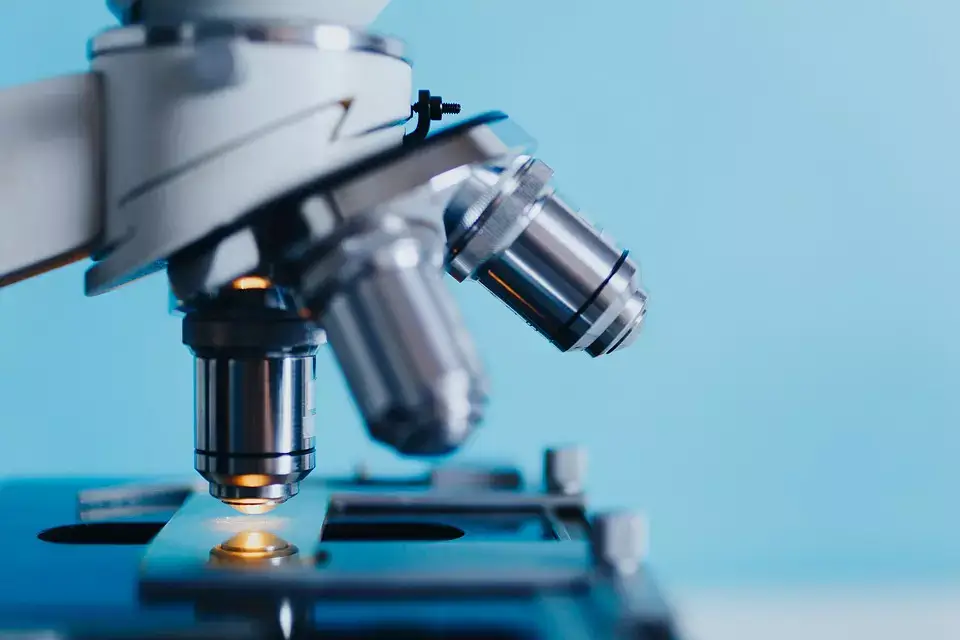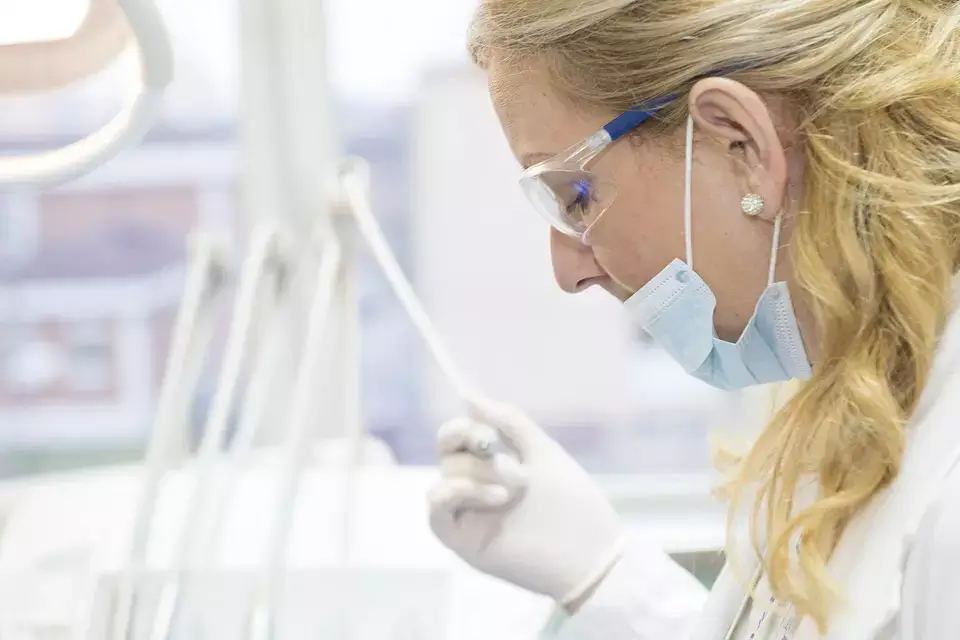Predictive Cancer Analytics makes a prediction based solely on a patient’s genetic information about whether a patient has a higher or lower chance of surviving cancer. This method enables a more personalised treatment plan in cancer treatments.

Their Challenge
Our genetic data holds the key to understanding diseases, such as cancer, that originate from defects in the genome and it’s expression. Differences in genetics may also explain why some people respond better to certain treatments than others. Due to advances in sequencing technology it is becoming easier and cheaper to obtain genetic data from patients. However, leveraging this data to allow for the development of better treatments is a complex data analysis problem. Our challenge was to analyse genetic data from various modalities to gain insights on chances of survival and response to therapy.

Our Solution
Together with a SAS team, Finaps combined the various data sets and applied several steps of pre-processing. Next, we summarised the complex, high-dimensional genetic data into a much smaller representation. In this summary, we looked at whether patients with a similar summary had similar survival rates. This was found to be the case, which meant that, based solely on a patient’s genetic information, we are able to make a prediction about whether this patient has a higher or lower chance of surviving cancer. For a more detailed view of the approach, please take a look at the article on our News page. We anticipate that methods such as this one will find a way to the medical practice and will enable a more personalised approach to cancer treatments.



